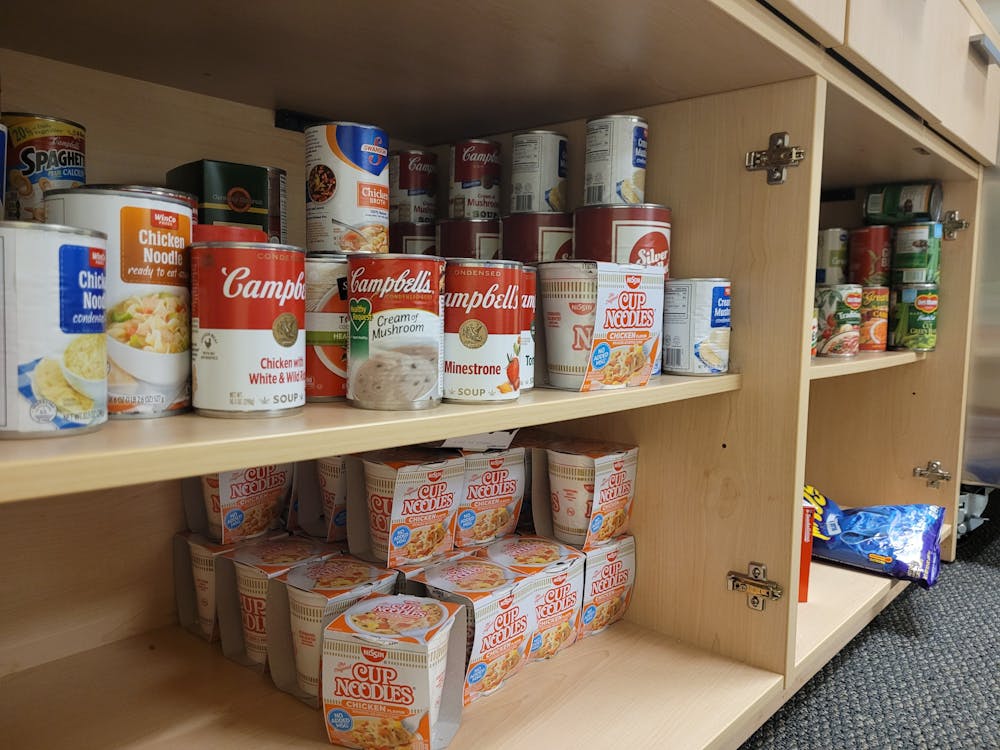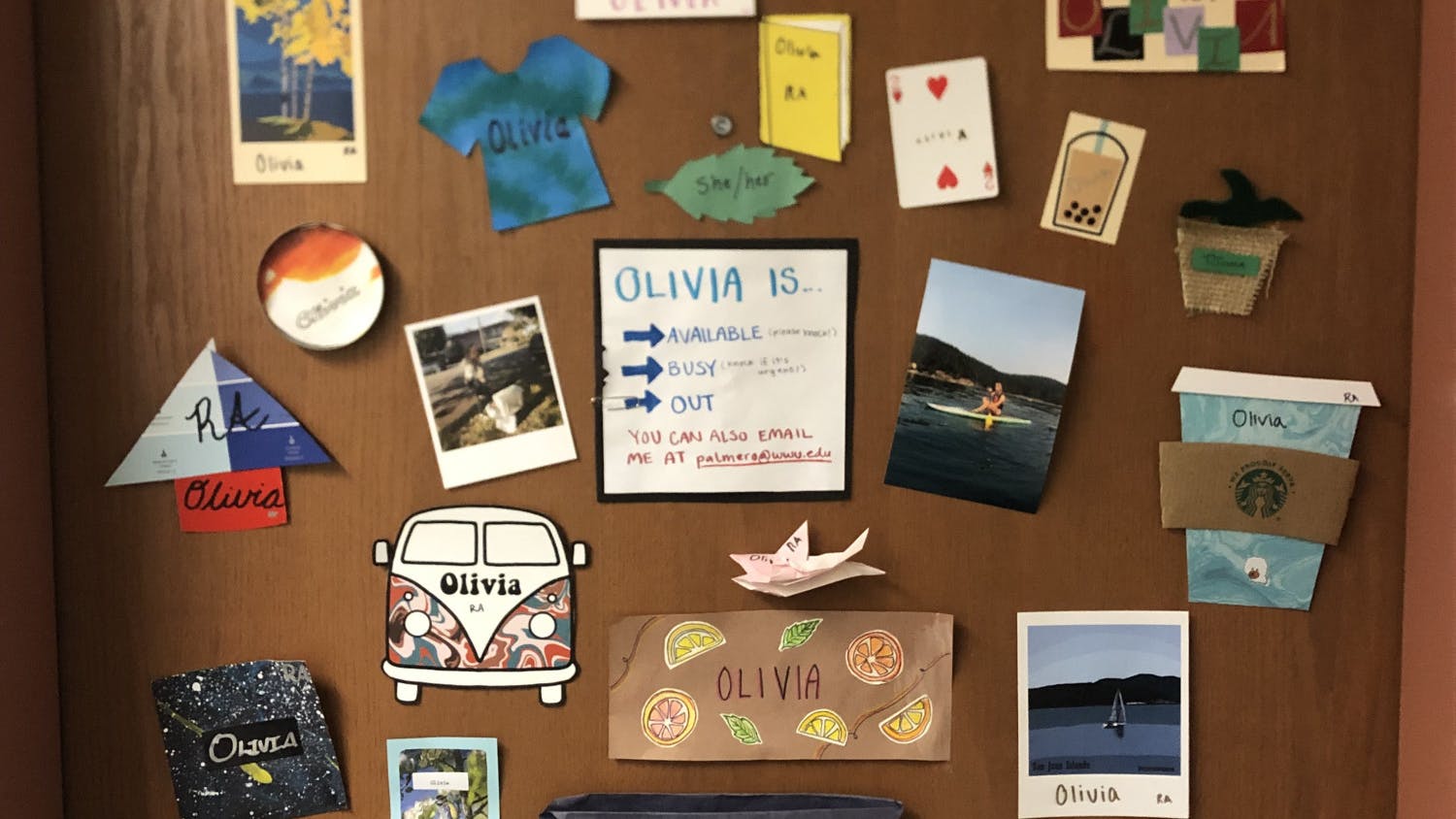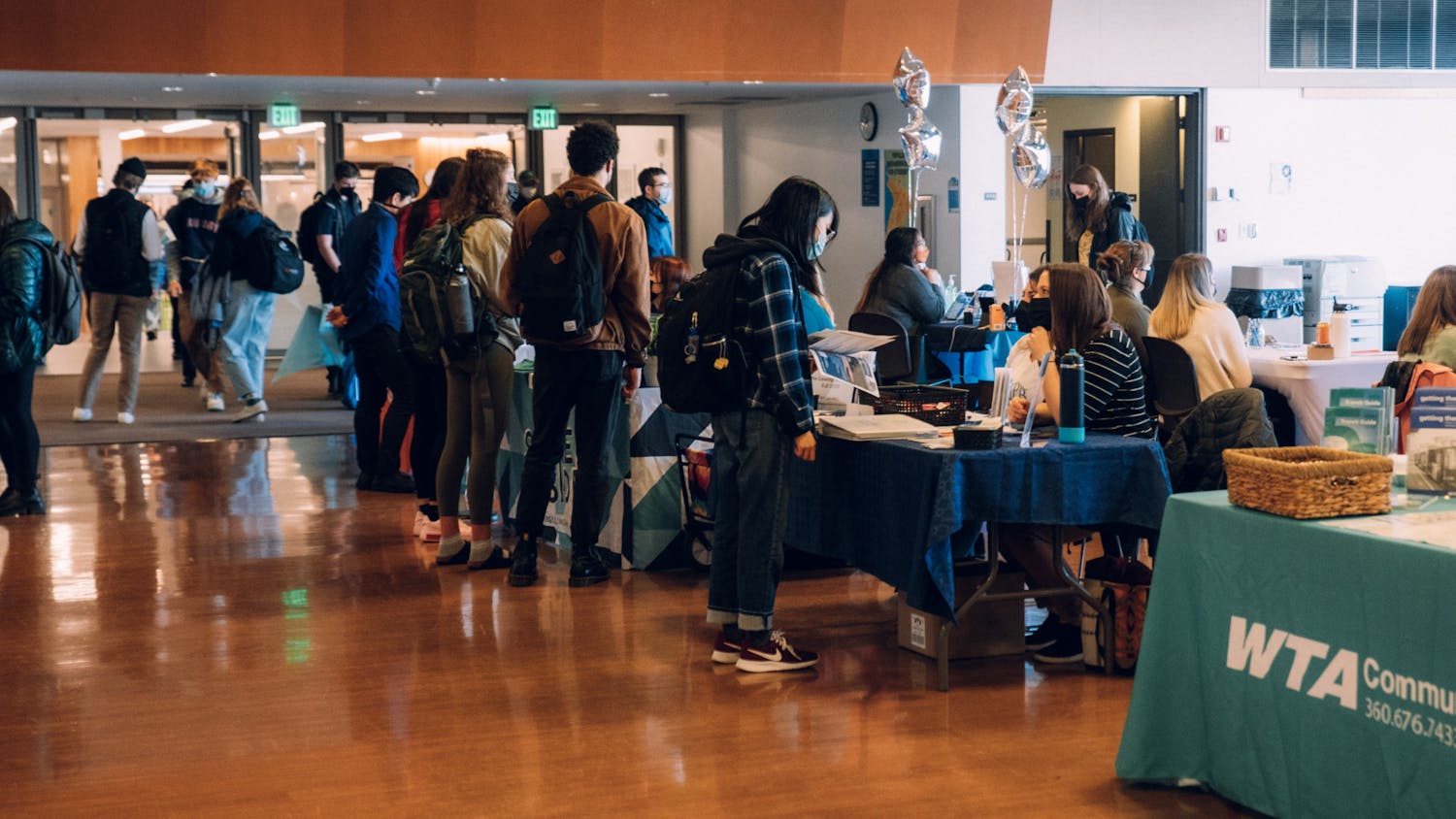This summer, the Office of Student Life is hosting basic needs student focus groups. This is one of many measures Western Washington University is taking to address food and housing insecurity.
Earlier this year, The Front reported on the Basic Needs pilot program Western received a grant for in 2021. As part of the pilot program, Jon Stubblefield was hired as the resource navigator and program manager for Basic Needs and the Office of Student Life.
Since then, the Office of Student Life and other organizations on campus have been working to address basic needs insecurities through a variety of programs. These include food pantries, Swipe out Hunger – a program for students to donate their unused meal swipes – and short-term emergency housing.
According to data from the fall 2021 basic needs survey, 44.7% of the 1,982 respondents had experienced some form of food insecurity in the past 30 days and that 32.1% of respondents had experienced housing insecurity in the past 12 months.
“Almost half of all students from the survey said that they had some level of food insecurity,” Stubblefield said. “I think the ‘some level’ aspect is important to note. I think a sense of stigma or shame could come with that if someone is experiencing food insecurity because they think ‘I don’t have it as bad as someone else who needs the resource more than I do.’”
Stubblefield has hosted eight online student focus groups, offering participants a grocery gift card for their participation. According to Stubblefield, participation has been better than expected, with every slot for the focus groups being filled.
Through the focus groups and other marketing measures, Stubblefield hopes to change the stigmas surrounding food insecurity.
“I think there is a lot of power in positive peer support and peer referrals,” he said. “So talking positively about food pantries and programs like Swipe out Hunger and other initiatives that could help create this broader campus community where use of those resources is not stigmatized.”
However, food insecurity is only one basic needs challenge facing students, according to Julia Burns, program manager for the Office of Off Campus Living. “The thing with food and housing insecurity is that they kind of go hand in hand, a lot of times students will have to choose between food or rent,” Burns said. “So we generally assume those numbers are about the same.”
Well aware of the challenges of finding a place to live in the Bellingham housing market, Burns and her team try to offer many solutions to students to make finding safe and affordable housing easier.
One solution in the works is a program set to start in the 2023 academic year which would place students with retired faculty, staff and local alumni who are willing to host students in their homes. Burns hopes this program will have fewer barriers for students than traditional housing.
However, the largest challenge to the success of basic needs programs is getting the word out to students, Stubblefield said.
According to Jamie Frunk, a Western student who struggled to find off-campus housing for this summer and fall, Western as an institution doesn’t do enough to promote all of the services that basic needs and off-campus housing can provide.“I feel like [Western] often neglects to inform students of what off-campus housing offers,” Frunk said.
Matthew Phillips (he/him) is a campus news reporter for The Front. He is majoring in psychology and minoring in journalism. When not reporting, Matthew enjoys watching movies, reading, cooking, talking endlessly about his love for cats, and trying to befriend the raccoons on campus. You can reach him at matthewphillips.thefront@gmail.com.






